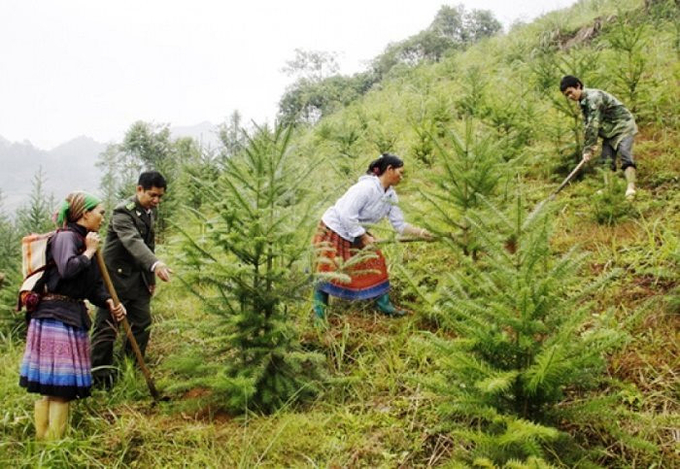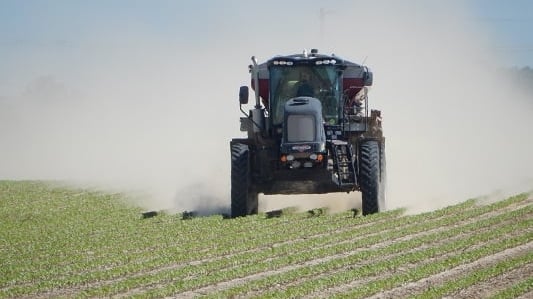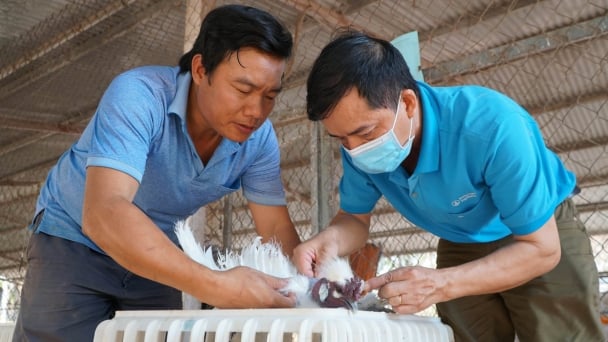May 17, 2025 | 02:17 GMT +7
May 17, 2025 | 02:17 GMT +7
Hotline: 0913.378.918
May 17, 2025 | 02:17 GMT +7
Hotline: 0913.378.918

Residential communities in the buffer zone of the special-use forest receive an average support of VND 50 million per year.
According to the Decree, based on the source of supported funding, the community determines the content of support in the following order of priority: agricultural and forestry extension activities, plant varieties and animal breeds, and small-scale farming and forestry product processing equipment.
Or construction materials for public community works, such as clean water works, lighting, communications, village roads, cultural houses, and other works.
Communities with a good forest protection process and no severe violations in forest protection are eligible to receive support.
Besides, there are approved plans and estimates and a commitment to forest protection with the special-use forest management board. Refrain from duplicating support content with projects invested in or supported by other state budgets approved by competent authorities.
There are three steps to implement the support sequence. First, plan, estimate, and approve support funding.
Every year, the village head meets with the community to propose content, plans, and budget estimates for support, agree on meeting minutes, and make plans and estimates for support to send to the People's Committee at the commune level and special-use forest management board.
The special-use forest management board presides over and coordinates with the commune-level People's Committee to meet with residential communities to request support and agree to co-approve plans and budget estimates for community support.
Second, the residential community self-organizes, implementing approved plans and budget support estimates. For issues that residential communities cannot organize and enforce themselves, the commune-level People's Committee or special-use forest management board is requested to support implementation.
In case there is a need to adjust the plan and support funding, the community requests the special-use forest management board or the Commune People's Committee to consider and adapt.
Third, the residential community organizes itself to supervise the implementation of plans and support funds according to the provisions of the law on democracy at the grassroots level.
After completing the approved support plan contents or ending the year, the special-use forest management board coordinates with the Commune People's Committee to organize acceptance. The acceptance results are shown in the acceptance record. Participants in the acceptance include representatives of the special-use forest management board, Commune People's Committees, and representatives of the residential community.
The Decree takes effect from July 15, 2024.
Translated by Huong Giang

(VAN) Vietnam's draft amendment to Decree No. 156 proposes a mechanism for medicinal herb farming under forest canopies, linking economic development to population retention and the sustainable protection and development of forests.

(VAN) In reality, many craft village models combined with tourism in Son La have proven effective, bringing significant economic benefits to rural communities.

(VAN) The international conference titled Carbon Market: International experiences and recommendations for Vietnam was successfully held recently in Ho Chi Minh City.

(VAN) According to the Project on rearranging provincial and communal administrative units, in 2025, the country will have 34 provinces/cities, 3,321 communes, wards, and special zones, and no district-level organization.

(VAN) The vice president of fertilizer with Stone X Group says the Trump administration’s tariffs are impacting fertilizer markets.

(VAN) Resolution 57 offers Vietnam a significant opportunity to narrow the global genetic technology disparity and convert its extensive genetic resources into commercial advantages.

(VAN) The Ministry of Agriculture and Environment will prioritize the implementation of five core and breakthrough solutions in science and technology, in addition to the seven groups of tasks identified in Decision No. 503.